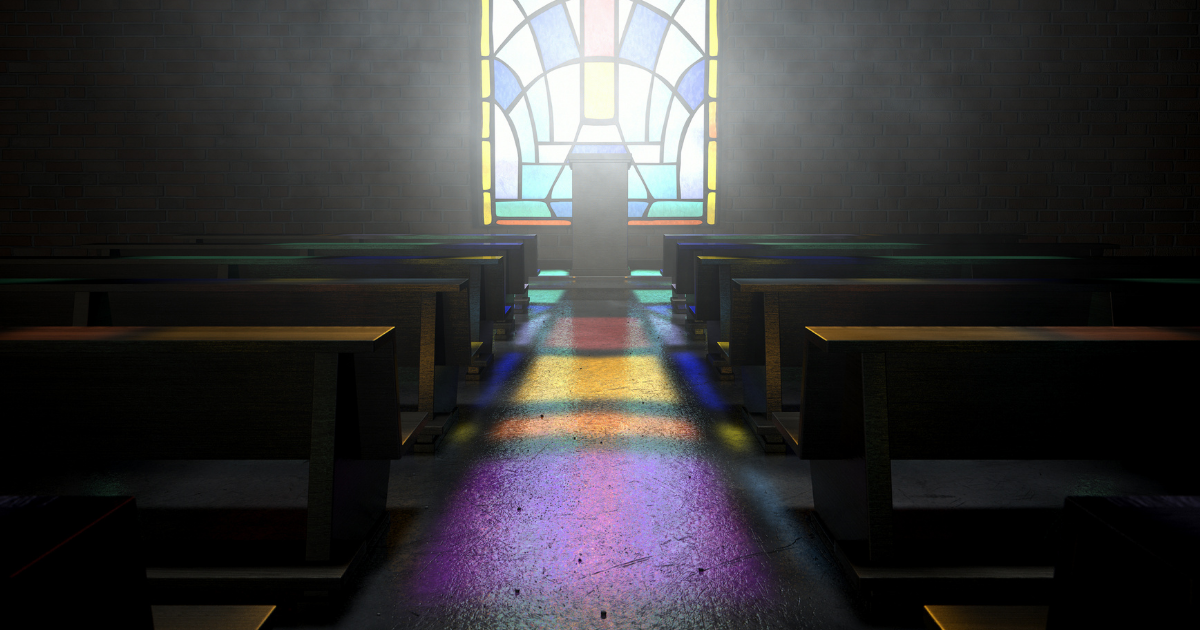A recent Gallup poll found that fewer than half of American adults belonged to a house of worship, compared with 70% in 1999. If you run a house of worship, this is obviously concerning.
The “Nones” (those who describe their religious identification as “nothing” or “none”) are among the fastest growing segments of America’s religious landscape, according to the nonprofit Public Religion Research Institute.
Reverend Kristin Klade is the 33-year-old pastor of the Kyrie Pub Church, which has met weekly in various bars for the past 12 years. Klade is one of a number of clergy mixing booze and the Bible. Others offer different types of casual worship including job fairs, happy hours and volunteer opportunities designed to engage in a new way.
One of these new ways is an app, OneTable, which matches Jewish hosts and guests looking to share the traditional Friday night Shabbat dinner. According to an article by Deena Yellin, it’s like “Airbnb with a side of challah and potato kugel.” Eva Laporte, One Table’s director of marketing and communications, says the service has arranged more than a half-million dinners.
Muslim leaders are also embracing new outreach: in New York the Islamic Center of Long Island holds paint parties and basketball tournaments; in Teaneck, New Jersey the local mosque offers taekwondo; and the Islamic Center of Maine sponsors programs at schools, colleges and hospitals.
Engaging new careerists and younger professionals continues to be a challenge for many associations. Perhaps they could learn from Reverend Preston Thompson Jr. of Ebenezer Baptist Church in Englewood, New Jersey, who said, “I’ve been having conversations with my young people to see what their needs are. I want to know what it’s like to be 20-something years old in 2021.”
Asking—and then listening—is a good place to start.

